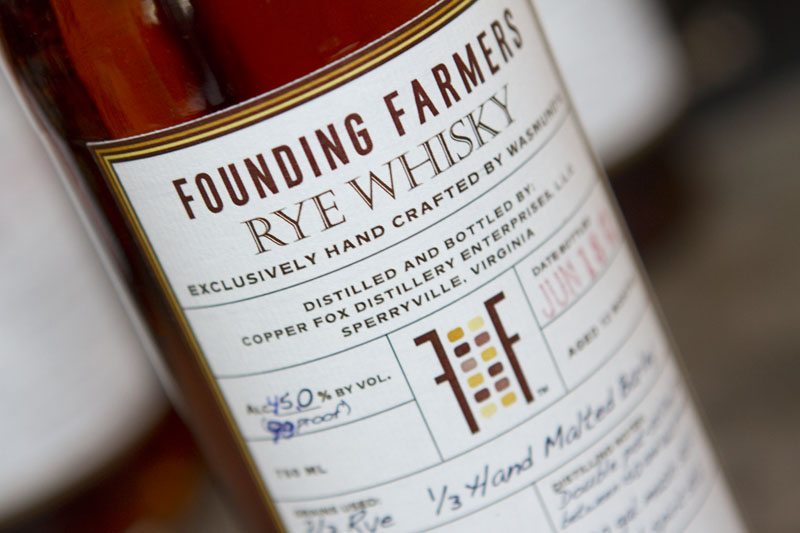Cultivating winning partnerships with business partners, purveyors, vendors, local businesses, and the like is a crucial element to long-term success.
Not always an easy task, as the quick-paced nature of the restaurant industry and its many moving parts can alter set plans at any time.
Dan Simons is well versed in the art of forming great partnerships, as he understands and appreciates the value and dedication that goes into a successful VSAG collaboration.
For example, we’ve guided our restaurant consulting client, Farmers Restaurant Group, through the ongoing process of growing lasting partnerships with bar & beverage partners, Copper Fox Distillery and Brooklyn Oenology in the creation of their Founding Farmers restaurant’s proprietary lines: From Farm to Still™ spirits and From Farm to Cork™ wine categories.
From that project, and each restaurant consulting collaboration we work on, we learn from and therefore are able to continually improve our business.
Here are Dan’s top three tips on making the most of your restaurant partnerships:
1) Commitment. Successful restaurant partnerships start with a commitment to understanding the business model and challenges of your partner. This helps build real relationships. For example, when negotiating over price or delivery window times, you want to be negotiating for something that is feasible and sustainable for your vendor partner, not trying to squeeze them below their real bottom line or choking them to provide deliveries in a window that isn’t viable for them long term.
2) Connection. Pay close attention to who you’re building relationship with. Keep in mind that relationships are with people, not companies. Look beyond your account rep to directors, vice presidents, and c-level executives in order to build meaningful connections. While account reps can be great allies, and some stick around for the long haul – many don’t. Since you don’t want to watch your relationship evaporate due to the turnover of one person, seek experienced staffers who have been there for years and are truly committed to their company’s vision. It is those relationships with individuals that can result in a great relationship with a company.
3) Communicate. Early. Often. Comprehensively. Communicate regularly with vendor partners as you do with employees. Coach fairly, with details, and in the spirit of development. Never save up the information for a “review.” Strive to keep any positive (or negative) feedback flowing in a timely manner (i.e. a day or two is preferable, but aim to not let issues build no more than a week) so the vendor can adjust as needed. This way, you are adding value to the relationship with something other than just volume and money.

*Founding Farmers Rye Whisky, in partnership with Copper Fox Distillery.
